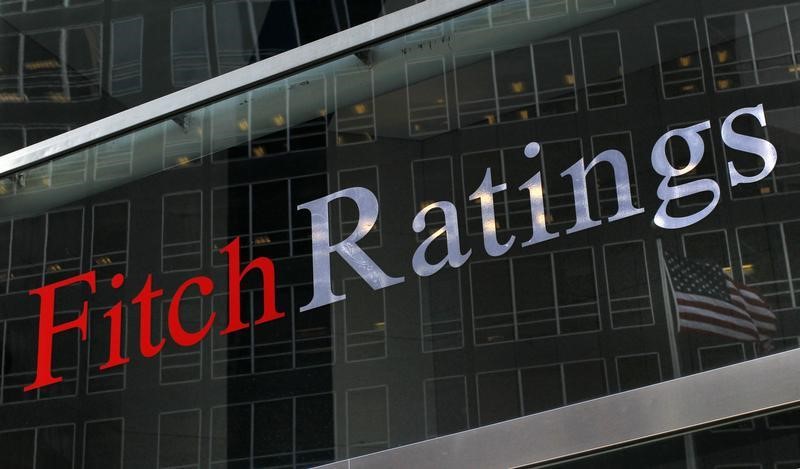Investing.com -- Ratings agency Fitch placed the United States’ ‘AAA’ rating on Rating Watch Negative on late-Wednesday, citing increased uncertainty over whether the country will raise its debt ceiling as lawmakers struggle to reach a deal.
While the ratings agency still expects lawmakers to reach a deal before an early-June deadline, it said that recent sparring over raising the debt ceiling had brought up risks of a potential U.S. default.
“The brinkmanship over the debt ceiling, failure of the U.S. authorities to meaningfully tackle medium-term fiscal challenges that will lead to rising budget deficits and a growing debt burden signal downside risks to U.S. creditworthiness,” Fitch said in a statement.
Fitch said that the government will log a deficit of 6.5% in 2023 and 6.9% in 2024, compared to 5.5% in 2024.
The agency added that avoiding a default by unconventional means, which include minting a trillion-dollar coin or invoking the 14th amendment, would also be detrimental to a AAA rating.
While Fitch emphasized the low probability of a debt default, the ratings agency said that such a scenario would result in the U.S. being downgraded to a Restricted Default, and that debt securities affected by the default would be downgraded to a ‘D’- its lowest rating.
Other securities with payments within the next 30 days would be downgraded to a ‘CCC’, and short-term treasuries maturing in the following 30 days will be downgraded to ‘C’.
Still, the ratings agency said that the U.S. country ceiling would likely still remain at ‘AAA’, its highest rating, citing the reserve currency status of the dollar.
The warning from Fitch comes as Democrat and Republican lawmakers spar over raising the $31 trillion debt limit, after it was reached in January. Republicans have called for spending cuts and more scrutiny over government cash aid, while the Democrats have pushed dollar for raising the debt ceiling with few caveats.
A downgrade of the U.S. rating would be the first by a major ratings agency since S&P Global Inc cut the country to ‘AA+’ from ‘AAA’ in 2011, which was also over raising the U.S. debt ceiling. The move had drawn widespread criticism, and had also triggered sharp declines in global markets.
Fitch has warned of potential U.S. downgrades consistently over the past decade, with a bulk of the warnings related to raising the U.S. debt ceiling and government spending.
The dollar showed little reaction to the Fitch warning, while U.S. stock futures were mixed.
